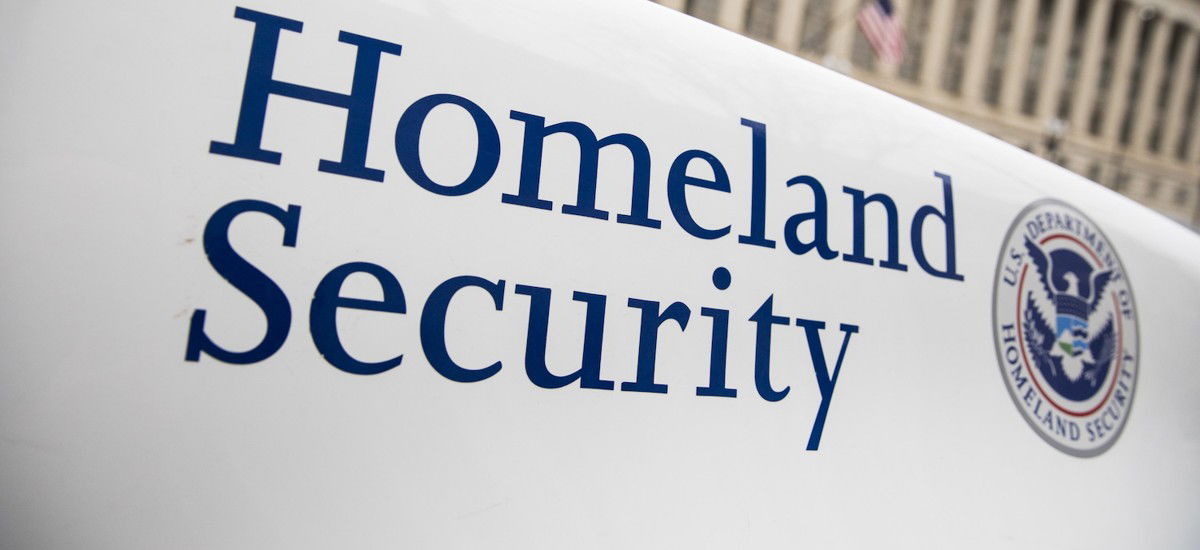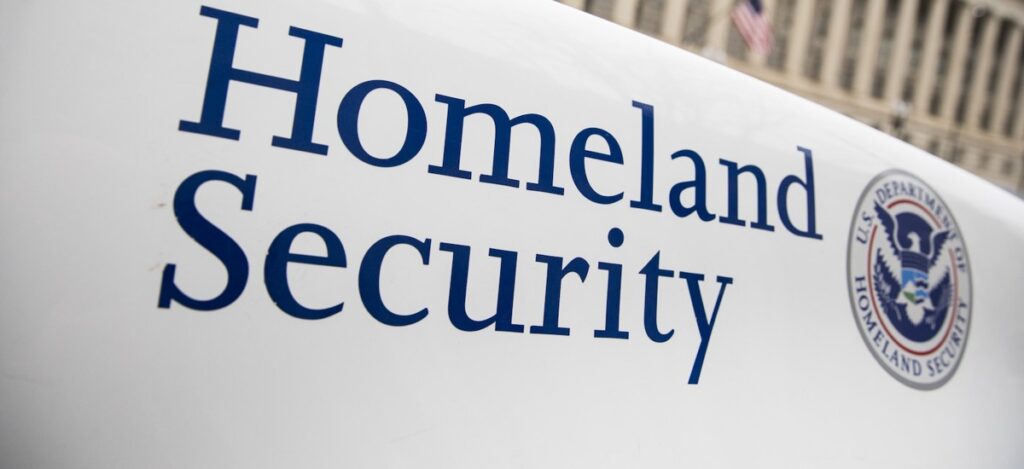
THE U.S. Department of Homeland Security is required by the Consolidated Natural Resources Act of 2008, which established the Guam-CNMI Visa Waiver Program, to identify countries from which CNMI receives a “significant economic benefit” based on the number of visitors for pleasure within the year preceding the enactment, according to DHS Assistant Secretary for Legislative Affairs Zephranie Buetow.
“DHS determined the People’s Republic of China met this economic threshold in 2009,” she added, in response to the concerns raised by four U.S. senators and 28 House members, including representatives from Guam and American Samoa, in a letter dated Nov. 30, 2023, addressed to DHS Secretary Alejandro Mayorkas, regarding the U.S. visa policy for Chinese nationals entering the CNMI and Guam.
According to the lawmakers, the Guam-CNMI visa waiver program policy made the islands vulnerable to many problems including drug trafficking, illegal immigration, and organized crime. They asked the DHS secretary to discontinue the discretionary parole program for Chinese tourists.
“Pursuant to the authority under the CNRA, as of October 3, 2019, PRC nationals may travel to the CNMI without a visa for the purpose of a temporary visit for business or pleasure for up to 14 days; they are not authorized for employment,” Buetow told the lawmakers.
“Individuals without a visa are not authorized to travel to other parts of the United States, including Guam. When these individuals are encountered at CNMI airports, U.S. Customs and Border Protection will prohibit their onward travel to other U.S. destinations,” she added.
Buetow said “DHS remains vigilant in its screening and vetting duties, which focus on rooting out exploitation of our immigrant and nonimmigrant visa processes, including by identifying, and where necessary denying entry to, high-risk travelers.”
As for the U.S. lawmakers’ recommendation that the DHS secretary implement the B-1/B-2 visa requirement for Chinese traveling to Guam and CNMI, Buetow said, “DHS respectfully defers to the Department of State for any questions or concerns regarding B-1 or B-2 visa issuance.”
Recently, DHS approved an interim final ruling establishing the CNMI Economic Vitality & Security Travel Authorization Program or CNMI EVS-TAP, which is specifically for travelers from the People’s Republic of China.
EVS-TAP will allow pre-screened Chinese nationals to travel to the CNMI visa-free for up to 14 days replacing the previous paper-based discretionary parole program. Chinese visitors must fill out an electronic version of Form I-736 under EVS-TAP and submit it online to Customs and Border Protection at least five days in advance of their arrival in the CNMI.
Prior to the pandemic, China was the CNMI’s second largest tourism market with over 185,000 arrivals in 2019. Since then, China arrivals have plummeted to 18,550 in 2020; 12 in 2021; and 186 in 2022. In fiscal year 2023, arrivals from China reached 4,309 despite the absence of direct flights.










